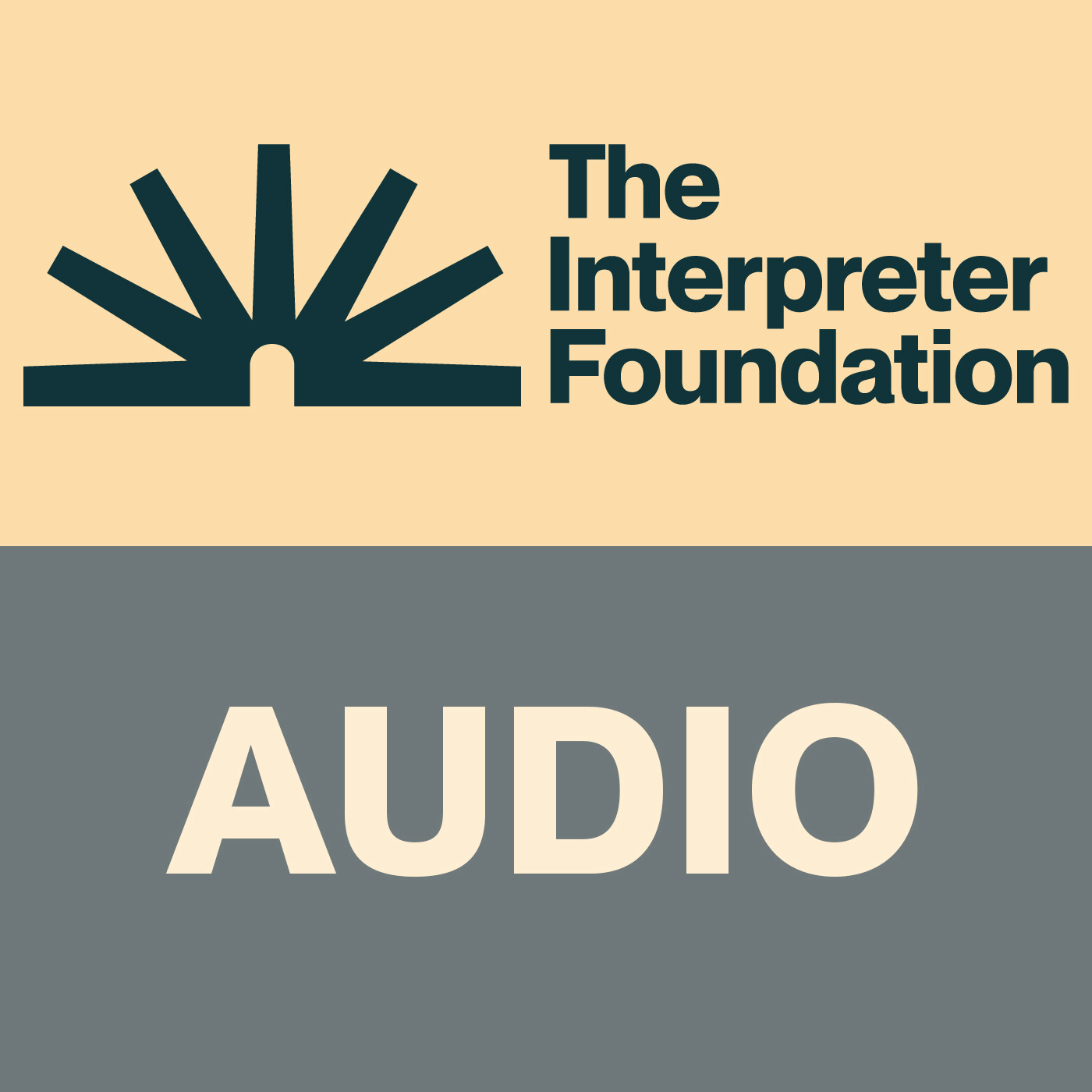Adam Clarke and Isaiah in the Book of Mormon
Update: 2025-07-25
Description
Abstract: A recent article alleges that in creating the Book of Mormon, Joseph Smith copied Isaiah passages out of the Bible commentary of Scottish theologian Adam Clarke. The author of the article alleges that while doing so, the Prophet edited those passages based on suggestions from Clarke’s cross references and commentary. This explains the differences between Isaiah in the King James translation and the corresponding Isaiah passages in the Book of Mormon. A careful analysis of the Isaiah verses in the Book of Mormon and Clarke’s commentary shows that this claim is not true.
A recent article, “Early Nineteenth-Century Biblical Scholarship and the Production of The Book of Mormon,” written by Colby Townsend, deals with the origin of some of the material in the Book of Mormon. The article’s stated thesis is that Joseph Smith was among other lay people in early U.S. history who used biblical scholarship that was then available in print.1 Townsend sets out to prove his thesis by examining the Isaiah passages in the Book of Mormon. He believes that those passages show evidence that when Joseph Smith included them in his book, he edited them based on the scholarship [Page 132]of Scottish theologian Adam Clarke (1762–1832). Clarke’s Bible commentary was available in Joseph Smith’s day, and Townsend believes that the Prophet had access to a copy and drew ideas and words from it to shape the Isaiah quotations to meet his interests.
It can be stated at the outset that Townsend rejects the truth claims of the Book of Mormon. That is not particularly problematic because many others do the same. However, this article hints that there is more involved in his study than merely a dispassionate examination of one nineteenth-century man’s effort to engage with biblical scholarship. I ask myself whether others, dispassionately looking at the same material, could possibly have come to the same conclusions that Townsend reaches. More to the point, I do not know if others looking at the same material would even have pursued the study—there is nothing there. In my view, all of Townsend’s conclusions are the result of wishful thinking, an effort to see in the data what the author wants to see.2
Book of Mormon writers and speakers quote about four hundred verses of Isaiah. About half of those verses are identical to the corresponding verses in the King James translation (KJV), and about half read differently. With that in mind, the words of an angel in 1 Nephi 13 play an important role in Townsend’s thinking. The angel told Nephi of “the many plain and precious things which have been taken out of the book” (v. 29) and foretold a restoration: “I will bring forth unto them, in mine own power, much of my gospel, which shall be plain and precious, saith the Lamb” (v. 34).
A recent article, “Early Nineteenth-Century Biblical Scholarship and the Production of The Book of Mormon,” written by Colby Townsend, deals with the origin of some of the material in the Book of Mormon. The article’s stated thesis is that Joseph Smith was among other lay people in early U.S. history who used biblical scholarship that was then available in print.1 Townsend sets out to prove his thesis by examining the Isaiah passages in the Book of Mormon. He believes that those passages show evidence that when Joseph Smith included them in his book, he edited them based on the scholarship [Page 132]of Scottish theologian Adam Clarke (1762–1832). Clarke’s Bible commentary was available in Joseph Smith’s day, and Townsend believes that the Prophet had access to a copy and drew ideas and words from it to shape the Isaiah quotations to meet his interests.
It can be stated at the outset that Townsend rejects the truth claims of the Book of Mormon. That is not particularly problematic because many others do the same. However, this article hints that there is more involved in his study than merely a dispassionate examination of one nineteenth-century man’s effort to engage with biblical scholarship. I ask myself whether others, dispassionately looking at the same material, could possibly have come to the same conclusions that Townsend reaches. More to the point, I do not know if others looking at the same material would even have pursued the study—there is nothing there. In my view, all of Townsend’s conclusions are the result of wishful thinking, an effort to see in the data what the author wants to see.2
Book of Mormon writers and speakers quote about four hundred verses of Isaiah. About half of those verses are identical to the corresponding verses in the King James translation (KJV), and about half read differently. With that in mind, the words of an angel in 1 Nephi 13 play an important role in Townsend’s thinking. The angel told Nephi of “the many plain and precious things which have been taken out of the book” (v. 29) and foretold a restoration: “I will bring forth unto them, in mine own power, much of my gospel, which shall be plain and precious, saith the Lamb” (v. 34).
Comments
In Channel





